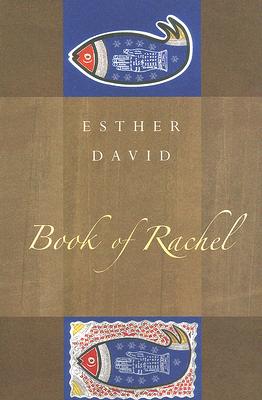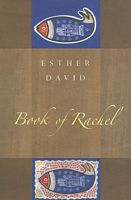- Welcome to FictionDB, Guest
- | My Account
- | Help

Book of Rachel — Esther David

In her loneliness what helps is the evenness of her routine. It rests on two pillars: the synagogue in her village and the preparation of traditional Bene Israel Jewish food. The synagogue, where she was married, is now in her care and, every Friday, at the beginning of the Jewish Sabbath, she opens its rusty lock to sweep and clean it, hoping it will become the scene of communal gatherings again. The ancient recipes she prepares -- alternately simple and at times elaborate: fried fish, green coconut curry, chik cha halwa, kippur chi puri -- provide a link to her children as she looks forward to their return home.
When developers come up with a plan to acquire the synagogue and its surrounding land with the consent of the synagogue committee, it threatens to take away not only what is to her an emblem of her faith but also the hope of the return of a rich past. And Rachel emerges as an unlikely opponent. In Book of Rachel Esther David weaves a heart-warming tale of a woman's battle to live life on her own terms. Both a gripping story and a chronicle of a unique community, it is part of the oeuvre which spans such critically acclaimed works as The Walled City and Book of Esther. Book of Rachel continues the saga of the Bene Israel Jews in India, and adds to her reputation as a writer of grace and power.
